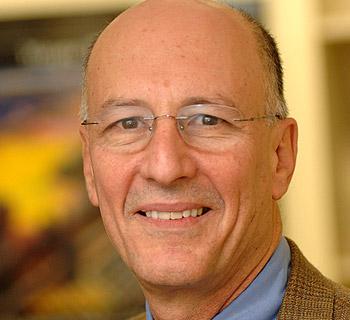ForsythKids/The Forsyth Institute
Purpose Prize Fellow 2007
Eradicating the threat of untreated tooth decay by taking dental care and prevention into schools.
As a practicing dentist, Dr. Richard Niederman was all too familiar with the threat untreated tooth decay poses to underserved populations, especially children. Dental infections are the most common chronic early childhood disease – five times more common than asthma – and they are preventable. Moreover, dental disease can seriously affect a child’s ability to eat, speak, and learn, and is entirely preventable. To address this challenge, Niederman developed ForsythKids, an evidence-based, comprehensive, cavity prevention program for at-risk elementary school children. Children enrolled in ForsythKids – more than half of whom are eligible for free or subsidized lunches – receive free dental exams, tooth cleaning, comprehensive preventive care (including fillings without drilling), and oral health education twice a year — all at their school sites. During the 2006-2007 school year ForsythKids secured funding for and collaborated with 12 Massachusetts schools. For the 2,500 children who participated, 73 percent had untreated cavities and 12 percent had acute infections or abscesses. With one round of prevention, children had a 50% reduction in new decay. For the 2007-2008 school year, the program is expanding to 33 Massachusetts schools and offering the care to 20,000 children. New program models are in development in New Hampshire, Colorado, and Arizona.




